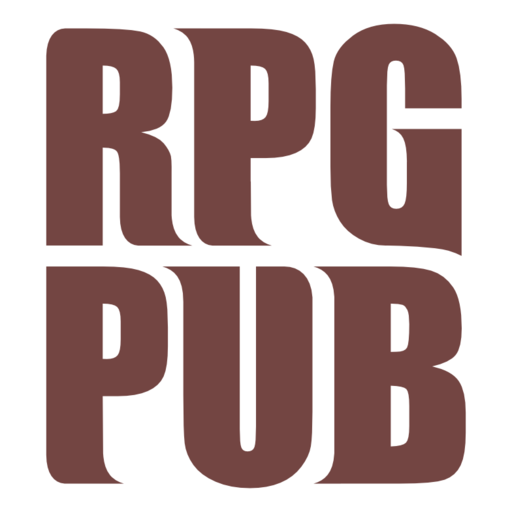- Joined
- Apr 24, 2017
- Messages
- 36,936
- Reaction score
- 110,471
For me, the difference between RPGs and other related games, no matter how similar, (be they Video, Board, or War -) is that there is always "the Wall" that I eventually encounter. That point where I want to do something, or should be able to do something, or something shouldn't happen the way it does, that destroys verisimilitude. It's inevitable. That Wall is there because of the limitations of those game forms, and it's the Archenemy of Immersion.
The only one that has the chance of one day breaking The Wall is Virtual Reality Videogames, but even then, that's lifetimes away before we have a computer that can keep up with my imagination. We're talking Holodeck +++
The only one that has the chance of one day breaking The Wall is Virtual Reality Videogames, but even then, that's lifetimes away before we have a computer that can keep up with my imagination. We're talking Holodeck +++







